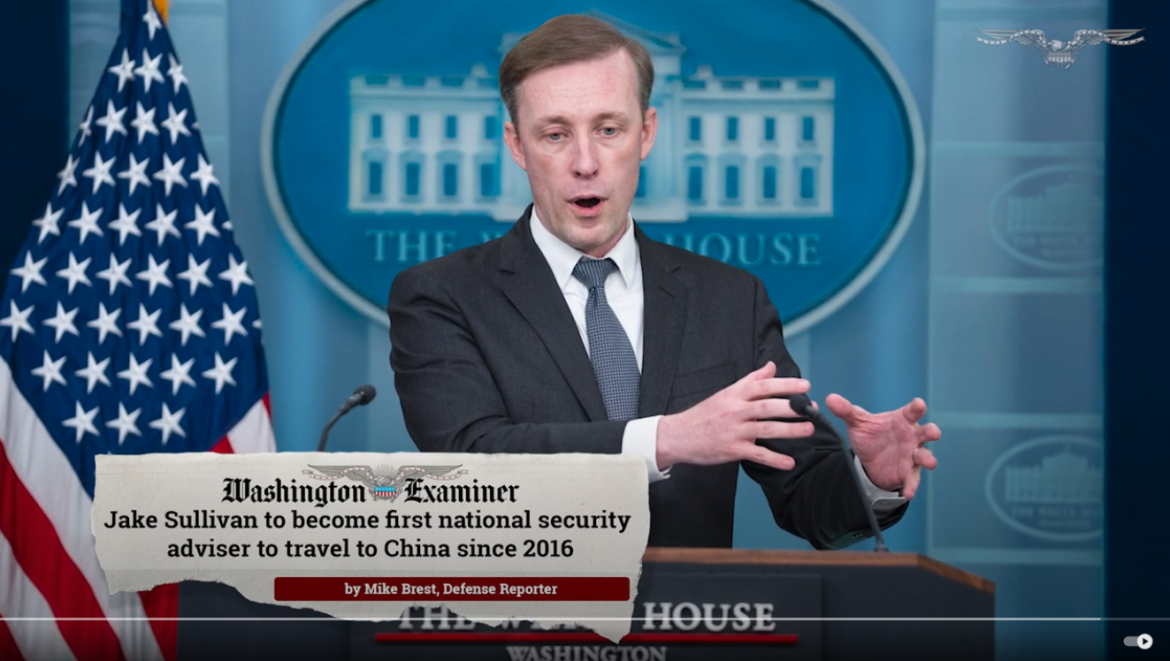White House National Security Adviser Jake Sullivan is scheduled to travel to China next week, marking a significant diplomatic move as tensions between the U.S. and China remain high. This trip, the first by a national security adviser to China since 2016, underscores the Biden administration’s efforts to manage the complex and often contentious relationship with Beijing.
A senior White House official confirmed that Sullivan’s visit could pave the way for a high-level meeting between President Joe Biden and Chinese President Xi Jinping. Such a meeting would be crucial in addressing a range of global issues that have heightened tensions between the two superpowers.
During his visit, Sullivan is expected to engage in discussions on several critical topics. Among the key issues are the ongoing tensions in the South China Sea, where China’s expansive territorial claims have alarmed neighboring countries and drawn criticism from the international community. The security of this region is a priority for the U.S., which has been conducting freedom of navigation operations to challenge China’s claims.
Another focal point of the discussions will be the Israel-Hamas war, which has escalated into a broader conflict affecting regional stability in the Middle East. The U.S. is likely to seek China’s cooperation or at least its neutral stance in managing the crisis, given China’s growing influence in the region.
Furthermore, Sullivan is expected to address China’s role in providing technology to Russia, which has been a point of contention as the U.S. continues to support Ukraine in its defense against Russian aggression. The Biden administration has raised concerns over reports that Chinese companies have been supplying technology and possibly military equipment to Russia, in violation of international sanctions.
This visit by Sullivan could be a crucial step in laying the groundwork for a direct dialogue between Biden and Xi, potentially offering a platform to ease some of the strains in U.S.-China relations. As both countries navigate these complex issues, the international community will be watching closely to see if this visit leads to meaningful progress or further standoff.



